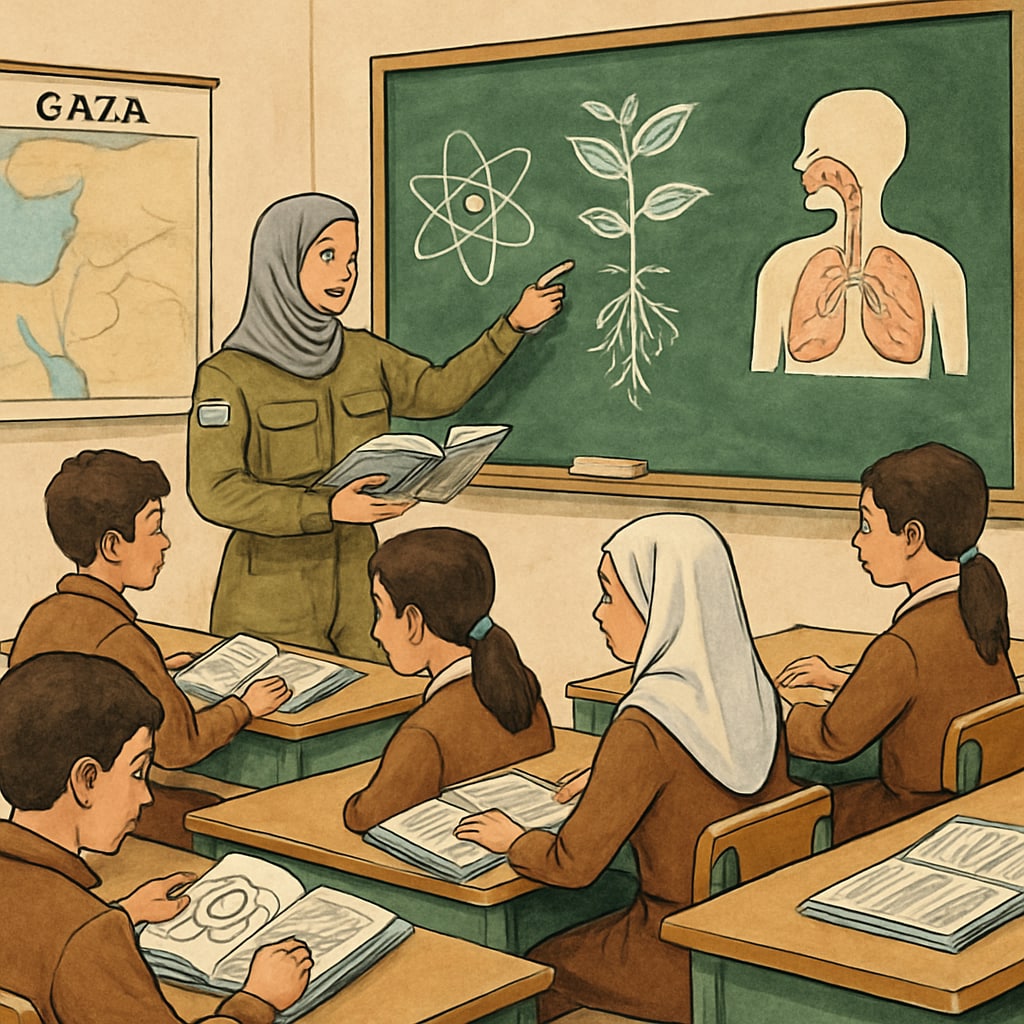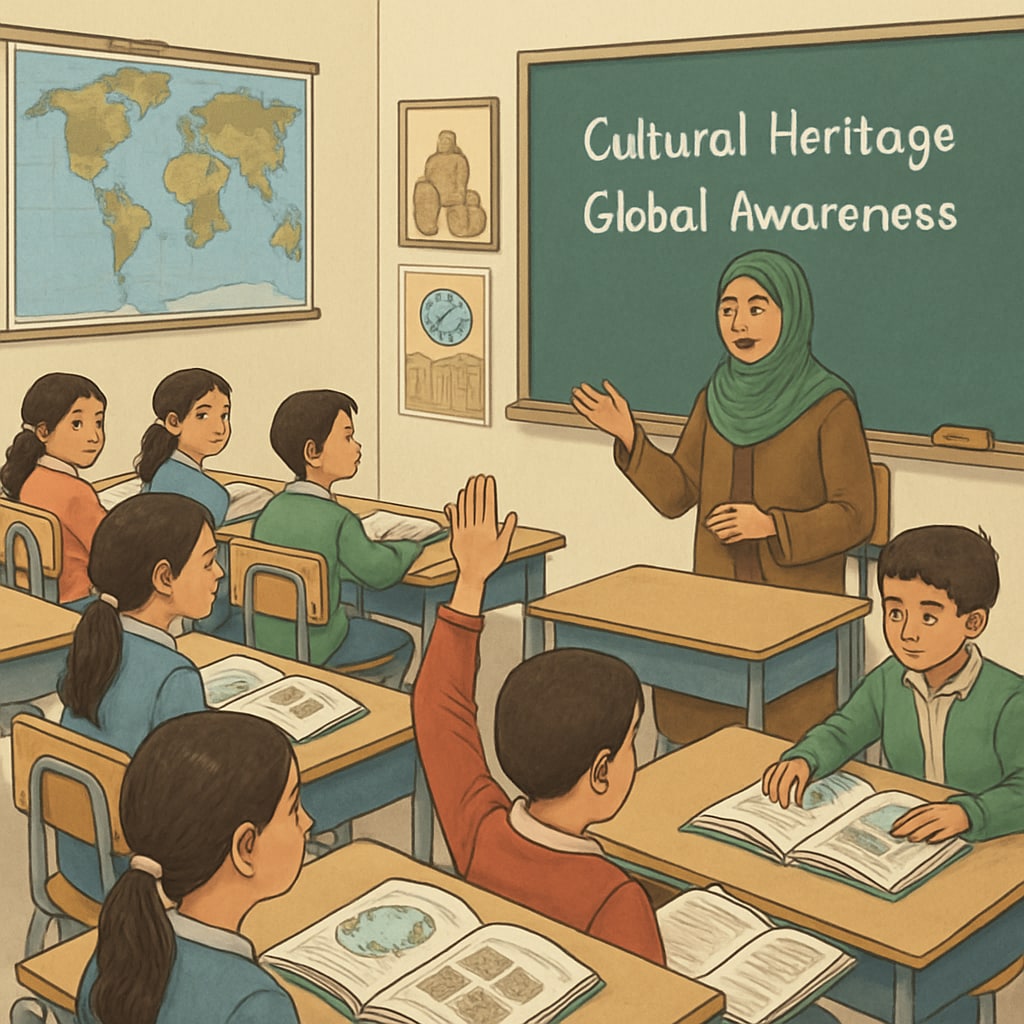The reconstruction of K12 education in Gaza schools under IDF control presents a unique challenge, particularly in designing science and social studies curricula that balance cultural identity, international standards, and practical skills. In a region shaped by ongoing conflict, the need for education reform extends far beyond traditional subjects, requiring careful consideration of political, social, and economic dynamics. This article delves into the complexities of rebuilding a functional education system and offers actionable insights into the development of teaching frameworks.
Challenges in Developing Science and Social Studies Curricula
Creating curricula for Gaza schools under IDF control is inherently complex due to political sensitivities and diverse cultural perspectives. For science education, the primary goal is fostering critical thinking and technical competence while ensuring students are equipped with globally relevant knowledge. However, this must be achieved without alienating local traditions or values. Meanwhile, social studies face the larger challenge of addressing historical narratives and sociopolitical contexts that may conflict with the perspectives of governing authorities.
- Science Curriculum: Topics such as biology, chemistry, and physics must align with international standards to prepare students for higher education opportunities abroad.
- Social Studies Curriculum: Incorporating global history while respecting local historical narratives can help students develop a balanced worldview.
- Practical Skills: Both curricula should include practical applications—such as environmental science and civic engagement—to address local challenges.

Balancing Identity, Standards, and Practical Skills
One of the most significant hurdles in curriculum design for Gaza schools is balancing cultural identity with global standards. For example, science textbooks must integrate universally accepted scientific theories while remaining sensitive to cultural interpretations. Similarly, social studies content must avoid polarizing political rhetoric while teaching students critical analysis skills. This delicate balance requires collaboration between local educators, international experts, and governing bodies to ensure curricula are inclusive and forward-looking.
In addition to academic subjects, incorporating practical skills such as digital literacy and conflict resolution into the curriculum can empower students to navigate challenges in their daily lives. These skills are particularly vital in a region where access to technology and peaceful dialogue are limited.

Recommendations for Curriculum Development
Effective curriculum development in Gaza under IDF control requires a multi-faceted approach that prioritizes inclusivity, adaptability, and future-readiness. Based on research and case studies from other conflict zones, the following recommendations are proposed:
- Engage Local Educators: Involve local teachers in curriculum development to ensure content reflects cultural values and addresses community needs.
- Adopt International Frameworks: Use global education standards, such as UNESCO guidelines, to create curricula that support international mobility.
- Focus on Skills-Based Learning: Integrate practical skills like entrepreneurship, digital literacy, and environmental stewardship into science and social studies courses.
- Promote Dialogue: Encourage open discussions in social studies classes to help students develop critical thinking and conflict resolution skills.
By implementing these strategies, Gaza schools can rebuild education systems that empower students to thrive despite the challenges posed by conflict and geopolitical restrictions.
Conclusion: Building Hope Through Education
The reconstruction of Gaza’s education system under IDF control is not just about academic excellence—it’s about fostering resilience, hope, and the ability to adapt to a challenging environment. Science and social studies curricula must serve as bridges between cultural identity and global citizenship, equipping students with the tools they need to shape their future. Ultimately, education reform in Gaza is an opportunity to rebuild not just schools, but the fabric of a community striving for stability and progress.
Readability guidance: This article utilizes short paragraphs, concise sentences, and actionable recommendations to ensure accessibility for a broad audience. Lists and headings are employed to summarize key points effectively.


